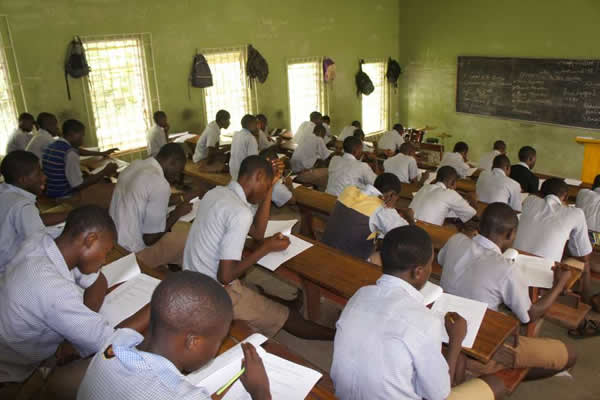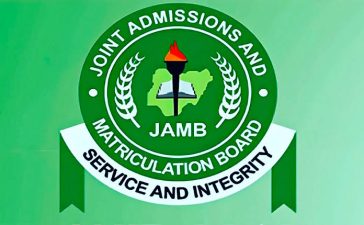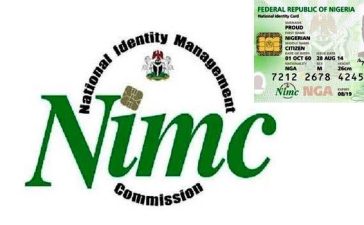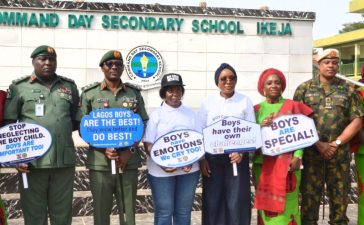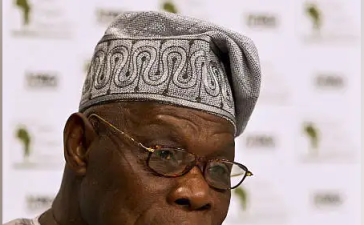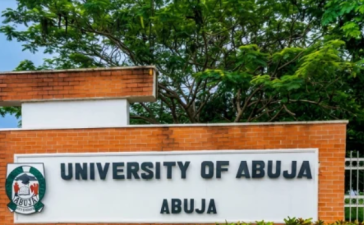The Federal Government of Nigeria has unveiled the authentic and approved subject offerings for the country’s revised Basic and Senior Secondary Education Curriculum, cautioning stakeholders to disregard fake lists in circulation.
The announcement came in a statement signed by Professor Salisu Shehu, Executive Secretary of the Nigerian Educational Research and Development Council (NERDC), on September 8, 2025.
According to Shehu, the reforms—introduced under the National Education Sector Reform Initiatives (NESRI) of the Federal Ministry of Education—aim to reduce curriculum overload and improve learning outcomes across all levels. Implementation will begin at the start of each three-year education circle (Primary 1, Primary 4, JSS1, and SS1).
NERDC confirmed that nationwide sensitisation and teacher capacity-building programmes will begin immediately to support effective rollout.
Breakdown of Subjects
Primary 1–3 (Min: 9 | Max: 10)
- English Studies
- Mathematics
- Nigerian Languages (One Nigerian Language)
- Basic Science
- Physical & Health Education
- CRS / Islamic Studies
- Nigerian History
- Social and Citizenship Studies
- Cultural & Creative Arts (CCA)
- Arabic Language (Optional)
Primary 4–6 (Min: 11 | Max: 12–13)
Includes all above, plus:
- Basic Science and Technology
- Basic Digital Literacy
- Pre-vocational Studies
- French (Optional)
- Arabic (Optional)
Junior Secondary (JSS 1–3, Min: 12 | Max: 13–14)
Includes English, Maths, Nigerian Language, Intermediate Science, Physical & Health Education, Digital Technologies, CRS/IS, History, Social Studies, CCA, Business Studies, plus one trade subject such as:
- Solar PV Installation & Maintenance
- Fashion Design & Garment Making
- Livestock Farming
- Beauty & Cosmetology
- Computer Hardware & GSM Repairs
- Horticulture & Crop Production
French and Arabic remain optional.
Senior Secondary School
5 Core & Compulsory: English Language, General Mathematics, One Trade Subject, Citizenship & Heritage Studies, Digital Technologies.
Students then choose from Science, Humanities, and Business clusters, including Biology, Chemistry, Physics, Government, Literature, Economics, Accounting, Music, Visual Arts, Catering Craft, Marketing, and more.
Stakeholder Concerns
While the FG insists the 2025/2026 academic session will mark the official rollout, some teachers and parents have criticised the reforms, saying they were not adequately consulted and that schools are unprepared for immediate implementation.
Nonetheless, the government maintains that the reforms represent a new phase in Nigeria’s education system, ensuring relevance, flexibility, and skills acquisition from the earliest stages of learning.

